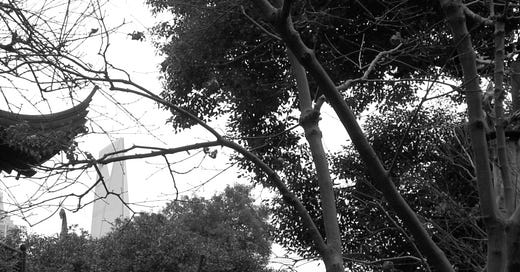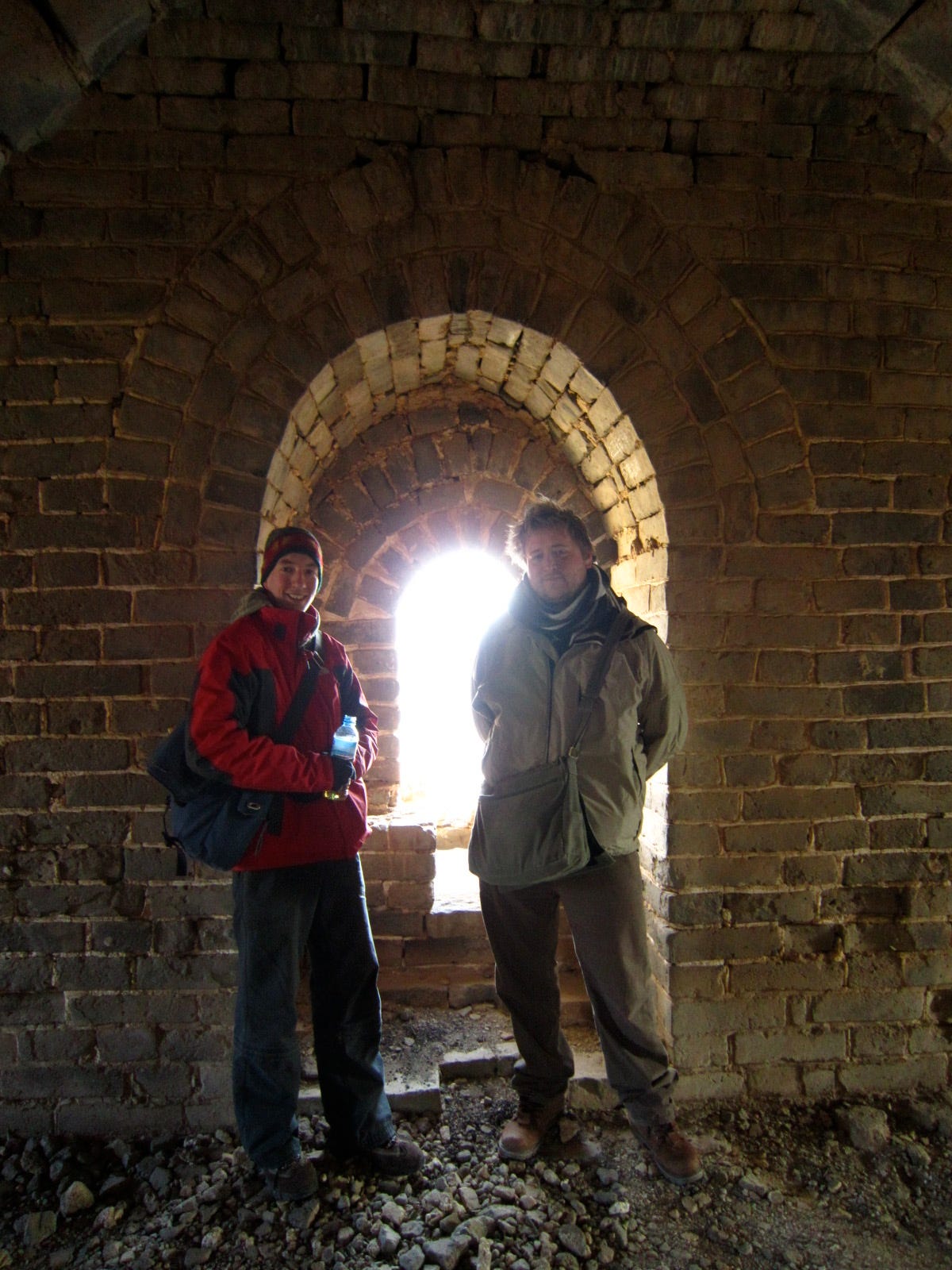Behind the Words: Chinese Fractures
So these are some of the poems from my 2016 haiku collection, Fractures. I’ve spoken and written at length elsewhere about whether or not they are haiku, so I won’t go into that here, but for convenience I call them haiku.
The collection is an odd thing, more a collage than anything. It comprises poems that had been written over a 15+ year period as well as some written specifically for the book. They are disparate, and written as stand-alone pieces, but in putting the book together I couldn’t help but fall into my storytelling habits and begin to construct a narrative from the fragments.
The title, Fractures, in part represents that idea, the broken narrative that, for me at least, forms the spine of the collection. There is also heartbreak in the book, that fractured heart, as well is sudden jumps in time and space. On the back of the book I wrote about kintsugi, the Japanese art form by which broken pottery is rebuilt in such a way as to draw attention to the broken places, to create something new and beautiful out of destruction. I’m not the first artist to draw inspiration from this, and I won’t be the last. Kintsugi is a metaphor for all art.
Structural and thematic considerations aside, some of the poems clump together in my imagination, mainly due to the time and place in which they were written. A big chunk of the book, and the six in this extract in particular, were written during a three week trip to China in December/January 2010/11. My wife and I visited Shanghai and Suzhou. When she returned to Japan for work I stayed on and went to Nanjing before meeting up with my friend Robert, who was taking a detour after a work trip to Cambodia, and heading to Beijing and Xian.
I’d visited Hong Kong before, but never mainland China. You don’t spend a significant part of your life in Japan without developing at least a passing interest in the behemoth over the water, so this was a big tick off the travel list. I swatted up on the history (John Keay’s overview, to be precise) as well as some of the moments that were of particular interest, not least the 1910s and 1920s. The role of China and Japan in the first world war, and their participation in the Versailles Conference in 1919 is a huge part of 20th Century history and one all too often overlooked in Europe and the wider “west”. I won’t go into it here but suffice to say that a great many seeds were sown in this period that would bitterly bloom in the 1930s and 1940s, and whose vines we are still entangled in today.
after the Maoist rhetoric
the doorman’s ‘Merry Christmas’
This poem was written after visiting the “Site of the First National Congress of the Chinese Communist Party”, now a museum, on Christmas Day. Unsurprisingly, this is far from being a cold, objective historical site, and the language used in the English translations is overwhelming in its propaganda (even, amusingly, in that most capitalist of places, the gift shop) so it was something of a welcome surprise to be wished a “Merry Christmas” by the man who I call a doorman but whose role was less one of courtesy and more one of keeping as much of the biting cold out of the building as possible. China in winter is formidable and tourists were mainly born in a barn.
After a stirring Christmas Day of political-themed tourism (not intentionally, just the way it worked out) in sub-zero temperatures, we returned to our hotel, ran a hot bath to ward off frostbite and ordered some whisky from room service. I rarely get homesick but the moment I breathed in the Caol Ila, I missed Scotland and in particular a family Christmas with the roaring fire:
even in Shanghai
the tang of single malt
Any trip to China involves a large amount of gorgeous food, but two moments stood out in particular:
in mountain mist
we eat dumplings
that moment, ripe
Tea, dumplings, arched bridges, willows hanging into the river, mist in the hills, we could have been in a movie. It was a perfect moment, a happy one.
on the wind
cumin and pepper
we break bread
In Xian, we bought bread from a street vendor and it remains the most delicious piece of bread I’ve ever eaten. The smell of cumin and pepper was almost overpowering, and the heat in the frozen, snowy streets was invigorating. I’ve never been able to find that bread again. If anyone has a recipe, please let me know.
New Year in Beijing
beneath red flags
Audis run the lights
Political again. We were assured by a Beijing-ite we got chatting to that Audis were the car of choice for the children of the elite, and as such no traffic cop was ever going to pull one over. An Audi gave you carte blanche with the rules of the road.
snow falls on Tiananmen Square
‘spring comes soon’
Another local lamented that we had visited Beijing too early. “Come back in a few years,” she said. “We’re still a work in progress. We’re not ready yet.” I haven’t been back yet. Maybe one day.





